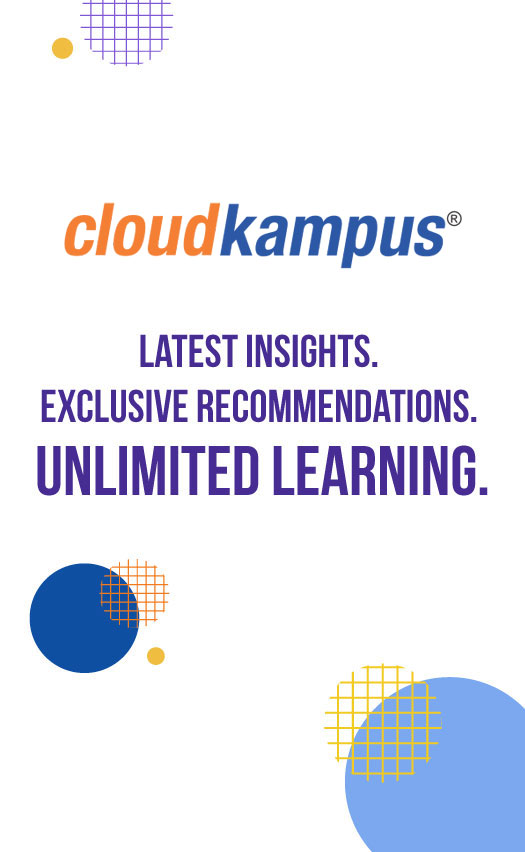

| February 26, 2025 |

Artificial Intelligence (AI) is transforming the world, and students interested in AI have endless opportunities to explore its real-world applications. If you’re looking for AI project ideas to sharpen your skills and build a strong portfolio, you’re in the right place!
Artificial Intelligence means the simulation of human intelligence in machines that can understand natural language, learn from experience, and solve real-world problems. AI systems analyze data, recognize patterns, and make decisions just like humans do, but often with greater speed and accuracy. From chatbots to self-driving cars, AI is at the heart of today’s technology revolution.
AI-Powered Chatbot
AI-powered chatbots are revolutionizing customer interactions by using natural language processing (NLP) and machine learning algorithms to engage in human-like conversations. These chatbots are widely used in automated customer service, education, and healthcare, offering instant responses to queries. You can develop a chatbot to provide personalized learning experiences, where it suggests study materials based on a student’s progress. Many companies integrate AI chatbots into their websites and applications to enhance user experience, reduce response time, and automate repetitive tasks. Platforms like Rasa, Dialog Flow, and GPT-based models can help you create an efficient AI chatbot with advanced capabilities.
Image Classification Using AI
Image classification is one of the most widely used applications of AI, allowing machines to analyze and categorize visual data. Using convolutional neural networks (CNNs), AI can accurately classify images based on patterns and features. This technology is commonly used in medical diagnostics, security surveillance, and self-driving cars. For instance, AI can detect diseases in medical images, ensuring early diagnosis and treatment. However, one of the biggest challenges in AI is handling noisy data and improving model accuracy. By working on an image classification project, you will gain hands-on experience with OpenCV, TensorFlow, and Keras, which are essential tools for building AI models.
AI-Powered Virtual Personal Assistant
Virtual personal assistants like Siri and Alexa have become an integral part of modern life. These personalized AI assistants understand and process natural language (NLU) to assist users with tasks such as scheduling meetings, setting reminders, and controlling smart home devices. Building a virtual assistant requires a deep understanding of speech recognition, machine learning, and data processing. Companies use AI-powered assistants to improve customer engagement, automate workflows, and offer seamless voice-controlled experiences. You can develop your own AI assistant using tools like Python, SpeechRecognition, and GPT-based models.
Face Recognition System Using AI
Facial recognition is an advanced AI application that combines computer vision, deep learning, and image processing to identify individuals based on facial features. This technology is widely used in security systems, mobile authentication, and law enforcement. AI-driven facial recognition technology can enhance public safety by identifying criminals, automating attendance systems, and improving access control. The development of a face recognition using AI project requires the integration of OpenCV, TensorFlow, and deep learning models to accurately detect and match faces. Although this technology is powerful, it also raises ethical concerns related to data privacy and surveillance.
AI-Based Recommendation System
AI-powered recommendation systems have transformed how we consume digital content. Platforms like Netflix, YouTube, and e-commerce websites use AI recommendation systems to suggest personalized content based on user preferences. These systems analyze user data, browsing history, and interaction patterns to predict what a user might like. The underlying technology involves machine learning algorithms and predictive models that continuously refine recommendations over time. If you're interested in building a recommendation system, you can use Python, Scikit-Learn, and TensorFlow to create a model that improves user engagement and satisfaction.
AI-Powered Autonomous Driving System
Autonomous driving is one of the most groundbreaking applications of AI. Self-driving cars rely on LIDAR, RADAR, and cameras to perceive their surroundings and make real-time decisions without human intervention. AI-powered systems in autonomous vehicles process sensor data to detect obstacles, recognize traffic signs, and navigate complex environments. Companies like Tesla and Waymo use deep learning models to enhance the safety and accuracy of self-driving technology. Building a miniature version of an autonomous vehicle using AI will help you understand the core principles of robotics, computer vision, and AI-driven decision-making.
AI in Healthcare
The role of AI in healthcare is expanding rapidly, with machine learning models assisting in diagnostics, drug discovery, and patient care. AI can analyze medical images, detect diseases like cancer, and predict health risks based on patient data. Deep learning models are used for medical image analysis, enabling doctors to make accurate diagnoses. AI-powered virtual health assistants provide personalized recommendations and monitor patients remotely. AI technologies are also helping in drug research by predicting how molecules interact, reducing the time required for new medicine development. Learning about AI in healthcare will open doors to cutting-edge innovations in the medical field.
AI for Robot Navigation
AI-driven robots are capable of navigating and interacting with their environment using sensory input and deep learning in robotics. These robots use real-time AI applications to avoid obstacles, make decisions, and complete assigned tasks. AI is widely used in warehouse automation, space exploration, and self-driving delivery robots. However, one of the biggest challenges of AI in robotics is ensuring accurate real-time decision-making in unpredictable environments. By working on an AI for robot navigation project, you will gain experience in integrating software in robotics, computer vision, and reinforcement learning.
Conclusion
Working on artificial intelligence project ideas for students is a great way to enhance your skills and gain practical knowledge. AI is shaping the future of technology, and hands-on experience will prepare you for careers in this competitive job market. If you're interested in learning AI from experts and getting hands-on training, check out the best artificial intelligence courses at Cloudkampus to start your AI journey today!
Enter your email address to subscribe to this.
Categories